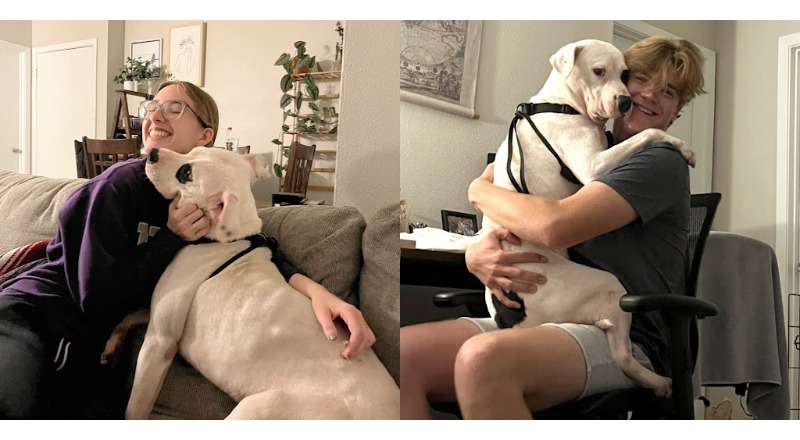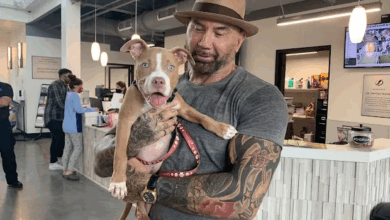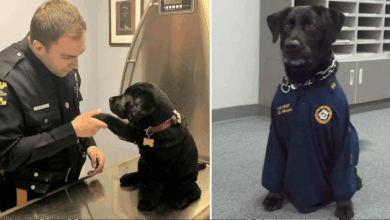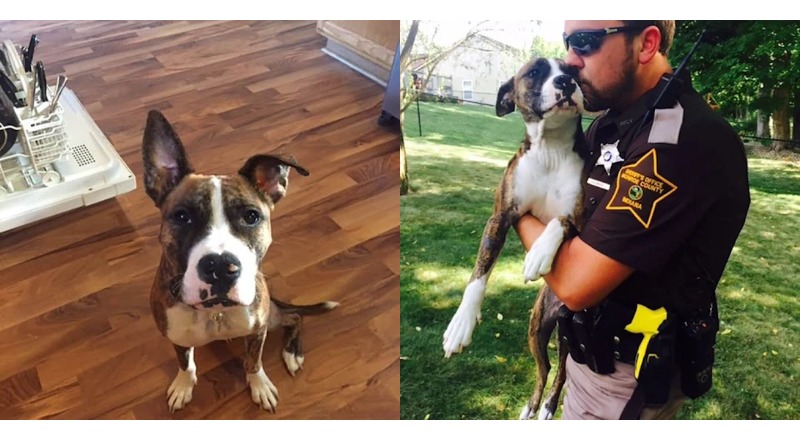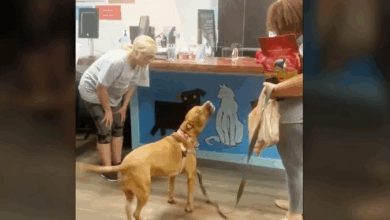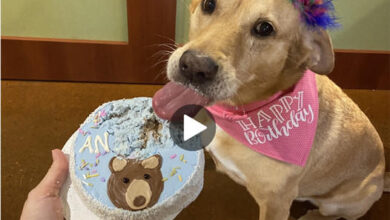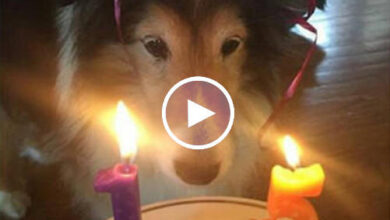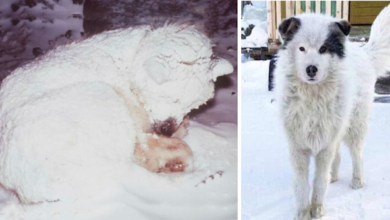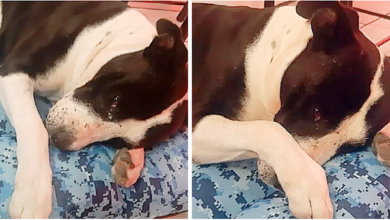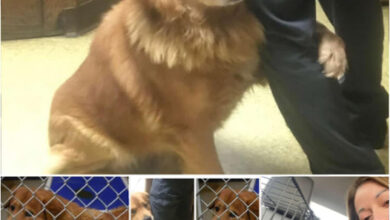Dog Dite Tips: Healthy Diet For Senior Dogs

As your furry friend ages, their nutritional needs change. It’s important to understand the components of a healthy diet for senior dogs and choose the right type of food to keep them happy and healthy. A dog well-balanced diet can help prevent health issues such as obesity, heart disease, and joint problems.
To ensure your senior dog receives proper nutrition, it’s crucial to know what to feed them and in what quantity. The transition from adult food to senior-specific food can be challenging but is essential for maintaining good health. With the right knowledge and resources, you can provide your aging companion with a nutritious diet that will support their overall well-being and make their golden years more comfortable.
Understanding Your Senior Dog’s Nutritional Needs
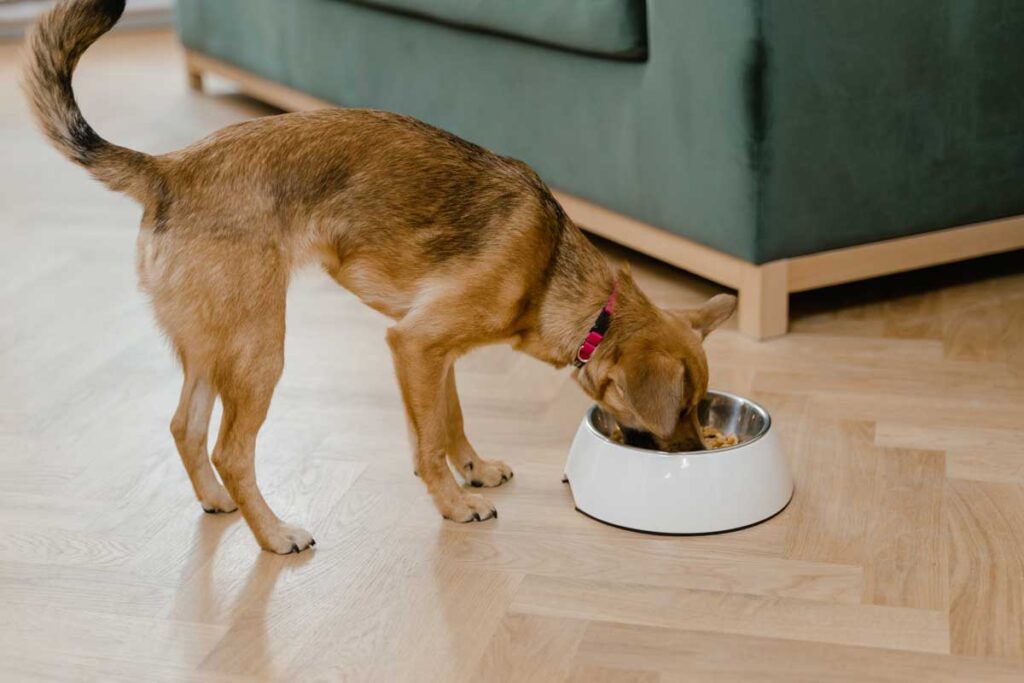
If you want your senior dog to thrive, understanding their nutritional needs is key! Many pet owners have common misconceptions about what senior dogs should eat. Some believe that they need less food than younger dogs or that they should be fed specialized senior dog food. However, the truth is that senior dogs require a balanced diet just like any other dog.
One of the most important aspects of maintaining good health in senior dogs is weight management. As dog’s age, their metabolism slows down and they become less active. This means that they require fewer calories than they did when they were younger. Overfeeding can lead to obesity, which puts extra strain on joints and organs and increases the risk of health problems such as diabetes and heart disease.
To manage your senior dog’s weight effectively, it’s essential to choose a high-quality diet that meets their nutritional needs without exceeding their calorie requirements. The components of a healthy diet for senior dogs include protein from sources such as lean meats or fish, fiber from vegetables and grains, healthy fats from sources like fish oil or flaxseed oil, vitamins and minerals from fruits and vegetables, and plenty of fresh water.
By providing your senior dog with this type of diet, you’ll help them maintain optimal health as they age.
Now that you understand how important it is to meet your senior dog’s nutritional needs for weight management reasons, let’s move on to discussing the components of a healthy diet in more detail.
Components of a Healthy Dog Diet
To ensure your senior dog’s diet is healthy, it should consist of high-quality proteins that help maintain muscle mass and repair tissues.
A low-fat diet can also be beneficial as it helps reduce the risk of obesity and other health issues.
Additionally, including essential vitamins and minerals in their diet can support their overall health and well-being.
High-Quality Protein
You want your senior pup to feel like a young pup again, and one way to achieve that is by feeding them high-quality protein-rich foods that will give them the energy they need to stay active and agile.
As dogs age, their bodies require more protein to maintain muscle mass and support healthy organ function. Sources of protein such as chicken, beef, fish, eggs, and legumes are recommended for senior dogs. It’s important to note that the recommended intake of protein varies based on breed, size, weight, and activity level.
In addition to providing energy and supporting muscle mass, high-quality protein can also improve immune function and aid in digestion. However, it’s important to ensure that the food you choose is not only high in protein but also balanced with other essential nutrients such as vitamins and minerals.
As we move into discussing low-fat diets for senior pups, keep in mind how high-quality protein plays an important role in maintaining overall health and vitality.
Low-Fat Diet
Now that we’ve talked about the benefits of high-quality protein, let’s shift our focus to incorporating more lean meats and fish into your furry companion’s meals for a healthier heart and improved joints.
As dogs age, their metabolism slows down, making it easier for them to gain weight. This is why it’s important to make sure they’re getting a low-fat diet. Incorporating low-fat treats like carrots or green beans can help keep their calorie intake under control.
Consider adding homemade meals to your dog’s diet plan. You’ll have complete control over the ingredients, including the amount of fat they consume. Homemade meals can also provide your senior pup with essential vitamins and minerals that store-bought food may lack.
Speaking of vitamins and minerals, now let’s talk about how incorporating these nutrients into your dog’s meal plan can benefit their health even further!
Vitamins and Minerals
Incorporating vitamins and minerals into your furry companion’s meals can help keep them happy and healthy as they age. Here are some reasons why:
- Vitamins such as A, C, D, E, and K help support immune function and maintain healthy skin and coat.
- Minerals like calcium, phosphorus, and magnesium promote strong bones and teeth.
- Omega-3 fatty acids aid in joint health, brain function, and reduce inflammation.
- Zinc helps with wound healing.
It’s important to note that while supplements can be beneficial in certain situations, it’s best to obtain these nutrients through natural sources found in quality dog food. Additionally, proper hydration is crucial for overall health. Make sure your senior pup has access to fresh water at all times.
Now that you understand the importance of incorporating vitamins and minerals into your dog’s diet for optimal health as they age, let’s move on to choosing the right type of dog food that will meet their specific needs.
Choosing the Right Type of Dog Food
If you’re looking to give your senior dog a healthy diet, consider opting for high-quality dry food with added nutrients like glucosamine and chondroitin to help support joint health.
However, not all types of dry food are created equal. When choosing the right type of dog food, it’s important to avoid those that contain fillers like corn or wheat gluten. These ingredients offer little nutritional value and can even be harmful to dogs with allergies.
Reading dog food labels is also essential when selecting the best possible option for your senior dog. Look for foods that list meat as the first ingredient, rather than by-products or meal. Additionally, check that the protein content is at least 25%, and fat content should be no more than 15%. This will ensure that your furry friend is getting enough nutrition without packing on unnecessary pounds.
By selecting the right type of dry food for your senior dog, you’ll be setting them up for success in their golden years. With added nutrients such as glucosamine and chondroitin supporting joint health, they’ll remain active and pain-free for longer.
As you begin transitioning to this new diet, keep in mind any dietary restrictions or allergies your pet may have so that you can tailor their meals appropriately.
Transitioning to a New Diet
When switching your furry friend to a new type of food, it’s important to gradually introduce it into their diet. A sudden change in diet can cause digestive issues such as vomiting and diarrhea. To prevent this from happening, start by mixing a small amount of the new food with their current food and gradually increase the ratio over several days or even weeks.
To ensure a successful transition, here are some tips for introducing new food to your senior dog:
- Start with small amounts – Begin by adding just a tablespoon or two of the new food mixed with their old food. Monitor your dog’s reaction before increasing the amount.
- Slowly increase proportion – Over time, gradually increase the ratio of new food to old until they are eating only the new food.
- Manage digestive issues – If your dog experiences any digestive issues during the transition, slow down the process and give them more time to adjust.
By taking these steps, you can help your senior dog make a smooth transition to their new diet without causing any unnecessary stress on their digestive system.
Now that you have successfully introduced them to their new diet, let’s talk about setting up a feeding schedule and appropriate portion sizes for optimal health.
Feeding Schedule and Portions
When it comes to feeding your senior dog a new diet, consistency is key. It’s important to establish a feeding schedule and stick to it as closely as possible. This will help your dog adjust to their new diet and ensure that they receive the proper nutrients in the right amounts.
Additionally, portion control is crucial for maintaining a healthy weight and avoiding obesity-related health issues. By monitoring your dog’s food intake and adjusting portions as needed, you can help them maintain a healthy body condition throughout their golden years.
Importance of Consistency
To ensure your senior dog stays healthy, it’s crucial that you stick to a consistent feeding routine and avoid any sudden changes. As the saying goes, “consistency is key”when it comes to maintaining a balanced diet for your furry friend. This means feeding them at the same time each day and avoiding any drastic changes to their diet or feeding schedule.
Consistency is important not just for the timing of meals, but also for the type of food you feed your dog and the amount you give them. If you switch between different types of food or change their portions frequently, it can cause digestive issues and lead to weight gain or loss.
So, remember to keep things consistent when it comes to your senior dog’s diet in order to maintain their overall health and wellbeing. Now, let’s move on to discussing how portion control plays an important role in keeping your senior pup healthy.
Portion Control
Maintaining an appropriate amount of food for your furry friend is crucial, which is why portion control plays a significant role in the health of senior dogs. As dogs age, their metabolism slows down, and they require fewer calories to maintain a healthy weight. Therefore, it’s essential to adjust their portion sizes accordingly.
Overfeeding can lead to obesity and other health issues such as joint problems and diabetes. Aside from controlling the amount of food your senior dog eats, it’s also important to consider the frequency of meals and treat allowance. Senior dogs may benefit from smaller but more frequent meals throughout the day rather than one or two large meals.
Treats should be given sparingly as they can quickly add up to excess calories in your dog’s diet. By following these guidelines for portion control, meal frequency, and treat allowance, you’ll be on track to providing your senior dog with a healthy diet that meets their nutritional needs.
In the next section, we’ll discuss how supplementing your dog’s diet can further support their overall health and well-being.
Supplementing Your Dog Diet
Adding supplements to your dog’s diet can help ensure they’re getting all the necessary nutrients, but it’s important to consult with your veterinarian first. They can provide guidance on which supplements are appropriate based on your dog’s specific needs and health conditions.
Here are some supplementing tips that may be helpful:
- Choose high-quality supplements: Look for supplements from reputable brands that have undergone third-party testing to ensure their safety and efficacy.
- Avoid over-supplementing: Too much of a good thing can be harmful. Stick to the recommended dosage or as directed by your veterinarian.
- Consider homemade recipes: You can also supplement your senior dog’s diet with homemade recipes using ingredients like lean protein, vegetables, and healthy fats.
- Monitor for any adverse effects: Keep an eye out for any changes in behavior or physical symptoms that may indicate an adverse reaction to a supplement.
Supplementing your senior dog’s diet is just one aspect of maintaining their overall health and well-being. In addition to adding supplements, it’s important to regularly monitor their health by scheduling routine check-ups with your veterinarian and watching for any changes in behavior or physical symptoms that may require medical attention.
Monitoring Your Senior Dog’s Health
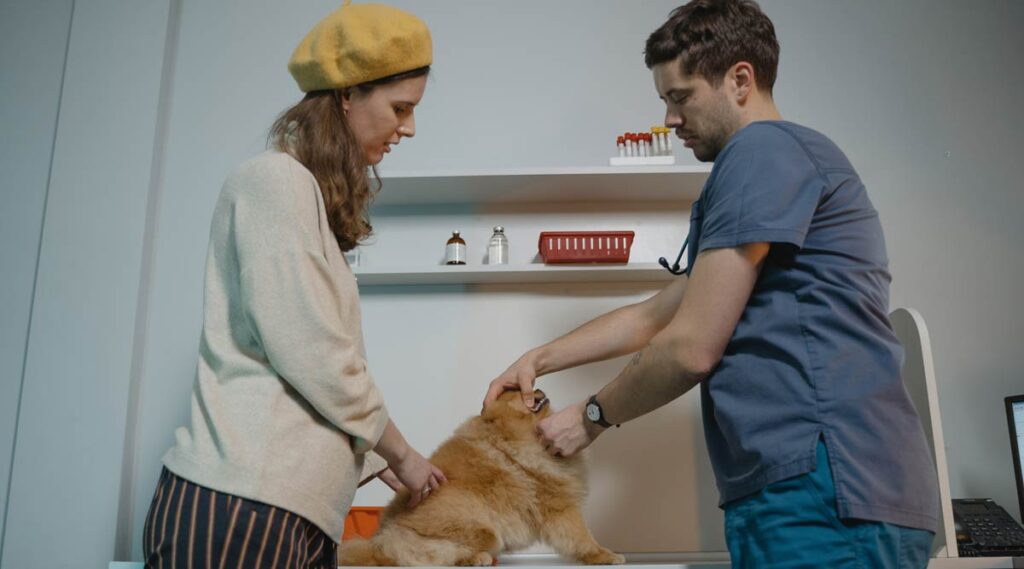
Regular check-ups with your veterinarian and close observation of any changes in behavior or physical symptoms are crucial for ensuring the well-being of your aging canine companion. As dogs age, they become more susceptible to various health issues such as arthritis, dental problems, and other chronic conditions.
By monitoring your senior dog’s health through regular check-ups, you can catch these issues before they become severe. One important aspect to monitor is weight. Obesity can lead to a host of health problems including cardiovascular disease, diabetes, and joint pain. Conversely, unintentional weight loss can also indicate underlying health concerns such as cancer or organ failure.
Regular weigh-ins at the vet’s office along with visual observations of your dog’s body condition score can help you keep track of their weight and make any necessary dietary adjustments. In addition to regular check-ups and monitoring weight, it is essential to keep an eye out for any changes in behavior or physical symptoms that may indicate a potential health issue.
Examples include lethargy, decreased appetite or thirst, excessive panting or coughing, vomiting or diarrhea, limping or difficulty walking. If you notice any concerning changes in your dog’s behavior or physical condition, don’t hesitate to contact your veterinarian immediately for advice on next steps.
Conclusion
Congratulations! You’ve learned all about providing a healthy diet for your senior dog. Remember, understanding their nutritional needs is vital to keeping them happy and healthy in their golden years.
Components of a healthy diet include high-quality protein, fiber, and fat sources. Choosing the right type of dog food can be overwhelming, but it’s essential to select one that meets your senior dog’s specific needs. Transitioning to a new diet should be done gradually over several days, and feeding schedules should be consistent with appropriate portion sizes.
Don’t forget about supplements like joint support or digestive aids as they may benefit your furry friend’s overall health.
In conclusion, providing proper nutrition for your senior dog is critical to ensure their well-being. With this knowledge under your belt, you’ll have no trouble selecting the best food options for your beloved companion.
Keep monitoring their health regularly and always consult with your veterinarian if you have any concerns or questions regarding their diet or overall health. Happy feeding!
Read more:
